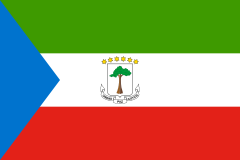
Visa and entry requirements Equatorial Guinea:
Passport required
German citizens generally need a visa to enter Equatorial Guinea. This must be applied for at the responsible Equatorial Guinean embassy in Berlin before the start of the trip.
Visa costs: 120 euros
Information from the Foreign Office about your trip to Equatorial Guinea:
https://www.auswaertiges-amt.de/de/aequatorialguineasicherheit/226768
The Republic of Equatorial Guinea is a country in western Africa with around 1.25 million inhabitants. The country consists of a mainland part, Rio Muni, which borders on Cameroon to the north, Gabon to the east and south, and a main island of Bioko with the capital Malabo. The smaller islands of Annobon, Corisco, Elobey Grande and Elobey Chico also belong to the national territory. Equatorial Guinea is one of the smallest countries in Africa.
A tropical rainforest climate with a short dry season prevails throughout the country. The rainforest therefore offers an ideal habitat for numerous animal species, such as chimpanzees, gorillas, leopards, antelopes, forest elephants, bongos and forest buffalo.
The recognized official languages in Equatorial Guinea are Spanish, French and Portuguese. The official national currency is the CFA franc BEAC, where 1 euro corresponds to around 655 XAF.
Equatorial Guinea is very rich in petroleum reserves in the coastal areas, although the income from these resources only benefits a small politically influential elite of people. Otherwise, the state's poverty rate is very high, although the per capita income is similar to the European average and is statistically the highest on the African continent.
Petroleum is also the country's main export product, the proceeds of which from the huge oil production are sufficient to generate a surplus in the state budget. In addition, the export of tropical wood and cocoa are important economic sectors. The country also has natural gas reserves.
The country's largest cities include Bata, Malabo, Ebebiyin, Aconibe, Anisoc, Luba, Evinayong and Mongomo.
The capital of the state of Equatorial Guinea is Malabo on the island of Bioko with around 170,000 inhabitants. However, an artificially created capital will be created on the mainland in the next few years. The city “Ciudad de la Paz, also called the City of Peace, is being created on the drawing board for around 200,000 inhabitants in the middle of the jungle and is primarily intended to guarantee greater security for President Obiang, who has been in power since 1979.
The main attractions of the city of Malabo include the Independence Square, the city's landmark - the Cathedral of Santa Isabel, the new Malabo Stadium, the Malabo National Park, La Casa Verde, the Spanish Cultural Center of Malabo, the Arena Blanca beach as well the church of San Fernando.
In August 2017 I visited the capital Malabo on Bioko during my second trip to Africa. I came directly from Douala in Cameroon with the local airline CEIBA-Intercontinental, which is on the black list of banned airlines worldwide. Luckily everything went well despite a two-hour delay. The brand new airport in the capital Malabo is a positive legacy from the last African Football Championship in the country.
Although the visa for Equatorial Guinea is considered one of the most difficult in the world, I had no major problems obtaining it in Berlin.
The city of Malabo is actually very modern for Africa, with impeccable streets and a very well-kept city center. Unfortunately, it rained continuously during my two-day stay, which significantly disrupted my trip plans.
Equatorial Guinea is not exactly a tourist country, with hardly any foreign visitors. But for me the country with some picturesque beaches and coasts is more recommended than some other countries in West Africa.
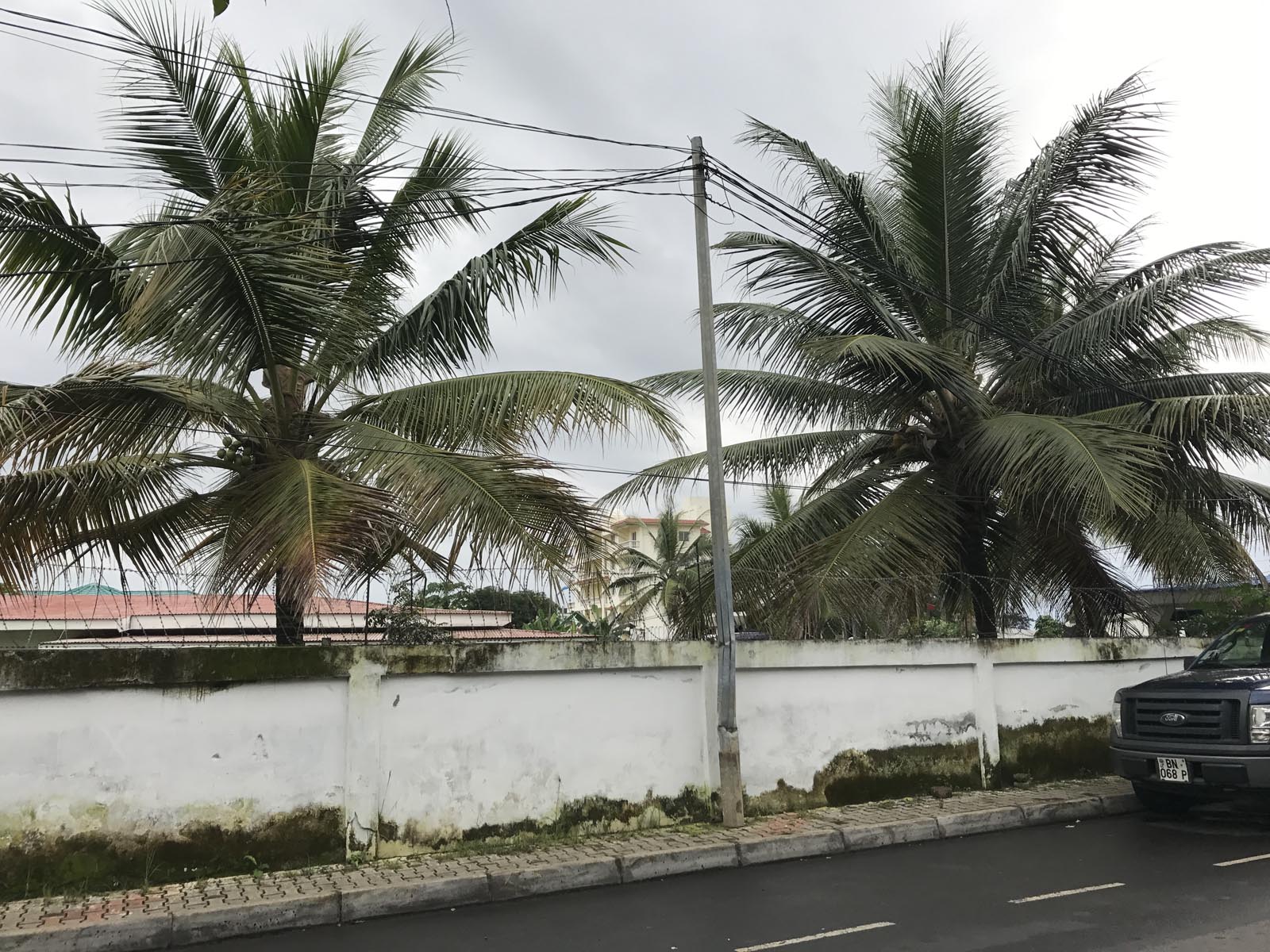
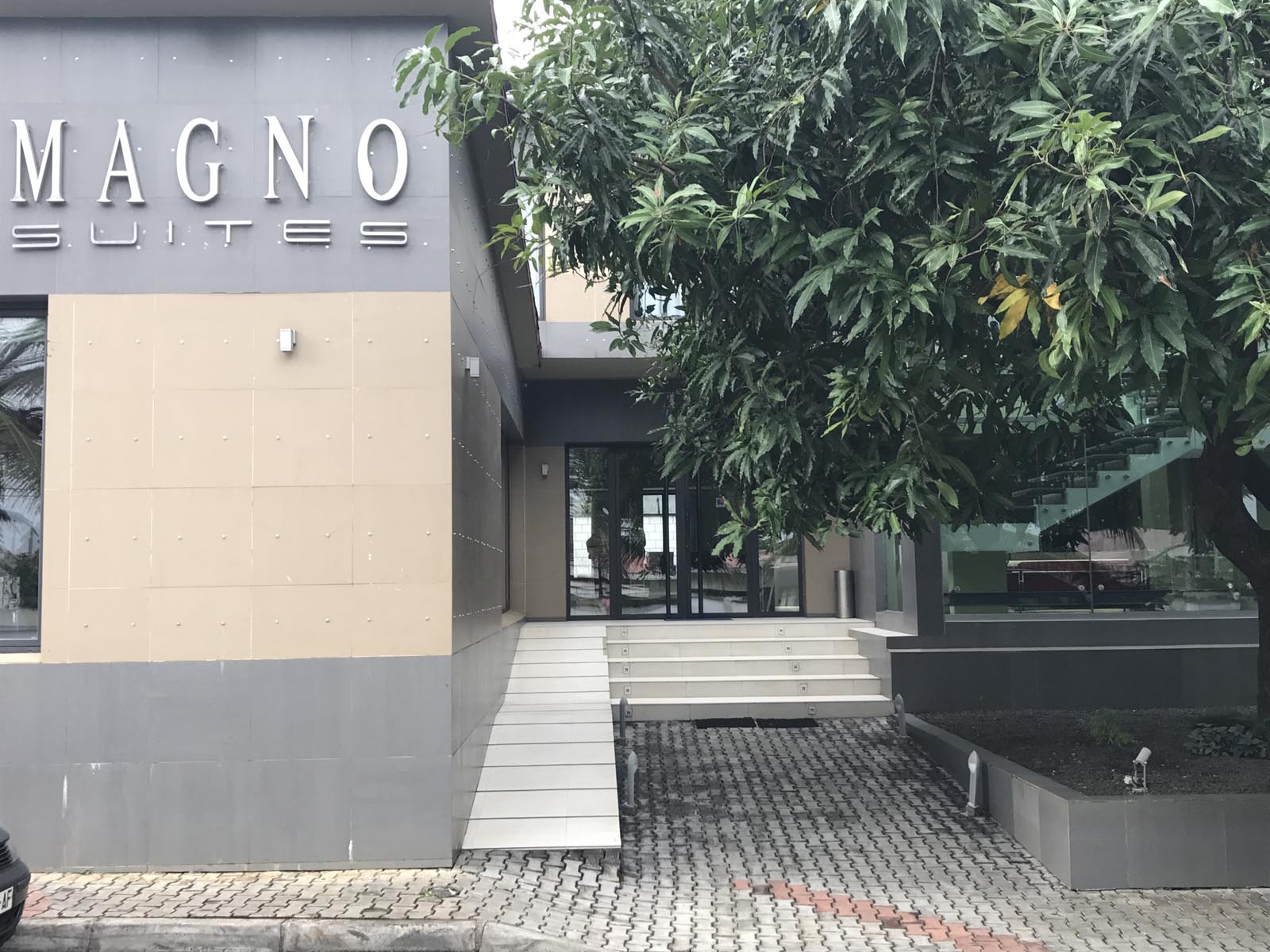
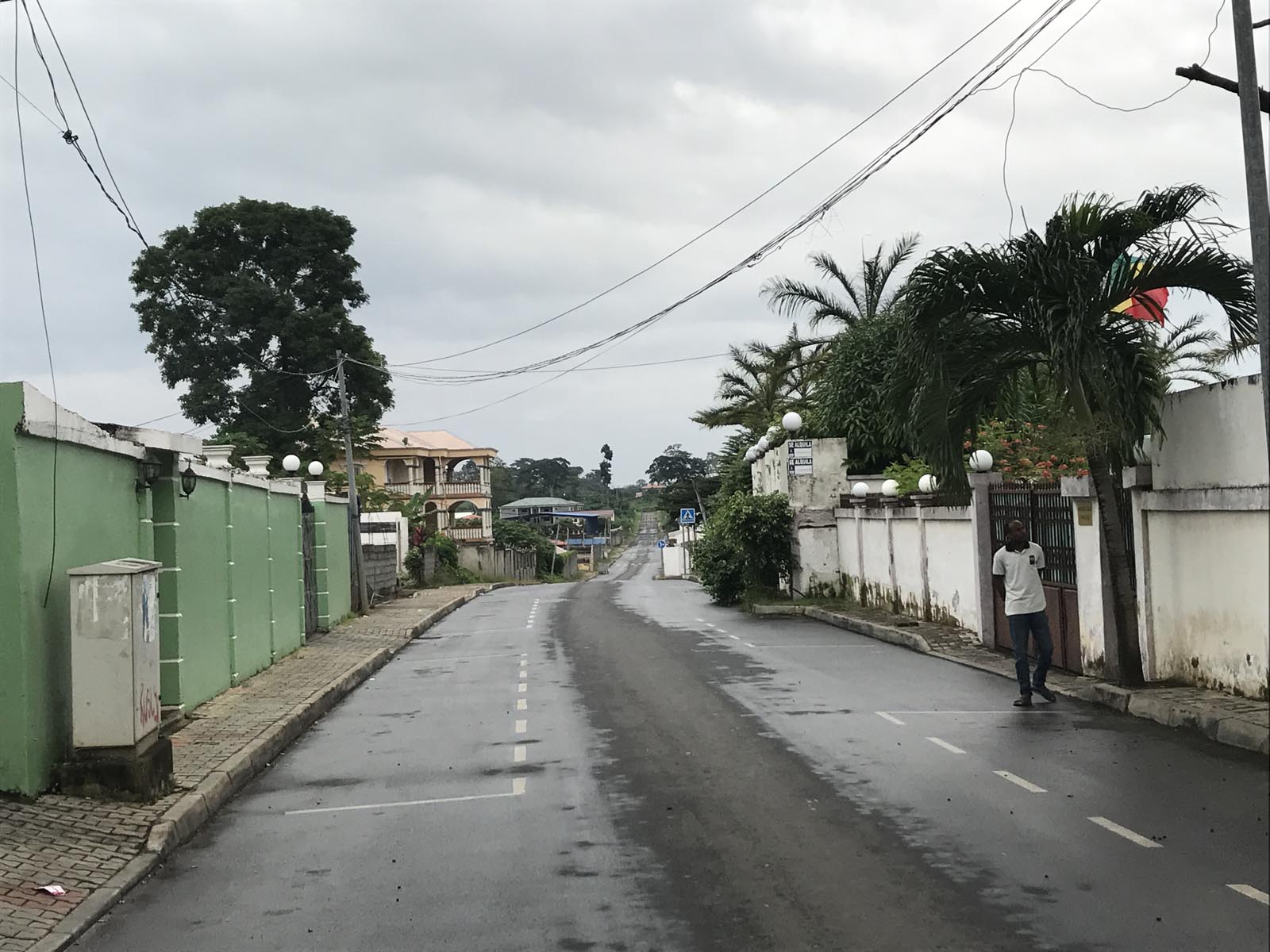
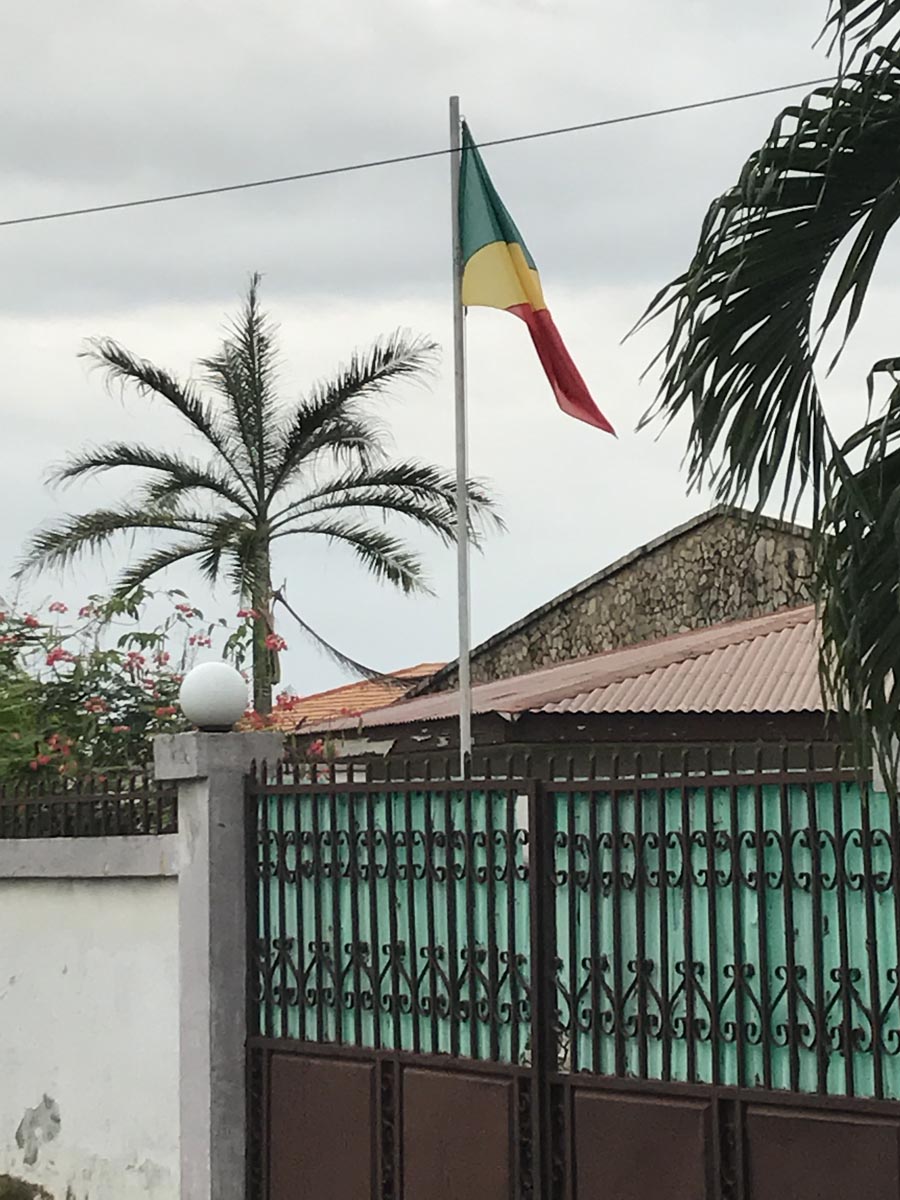
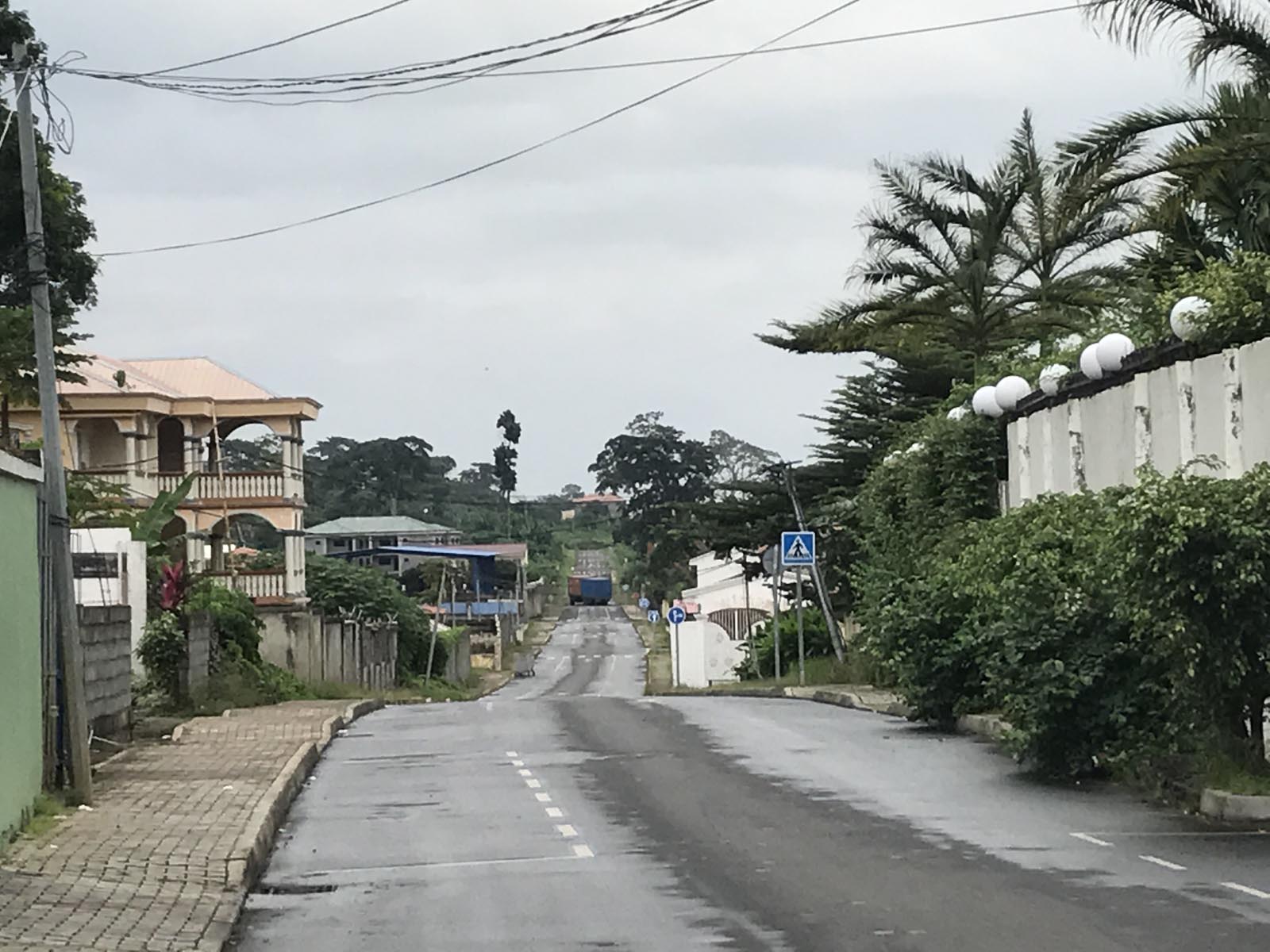
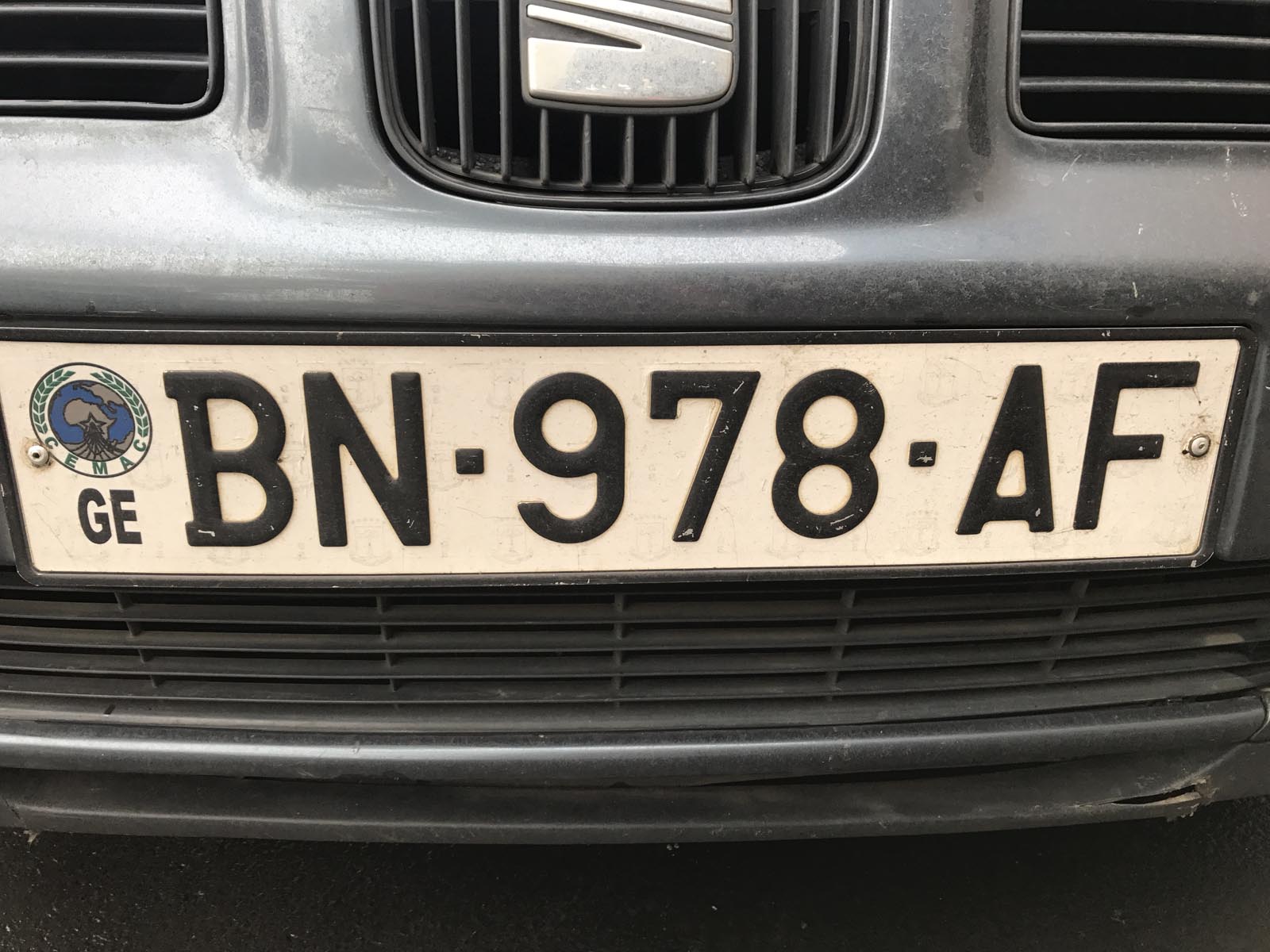
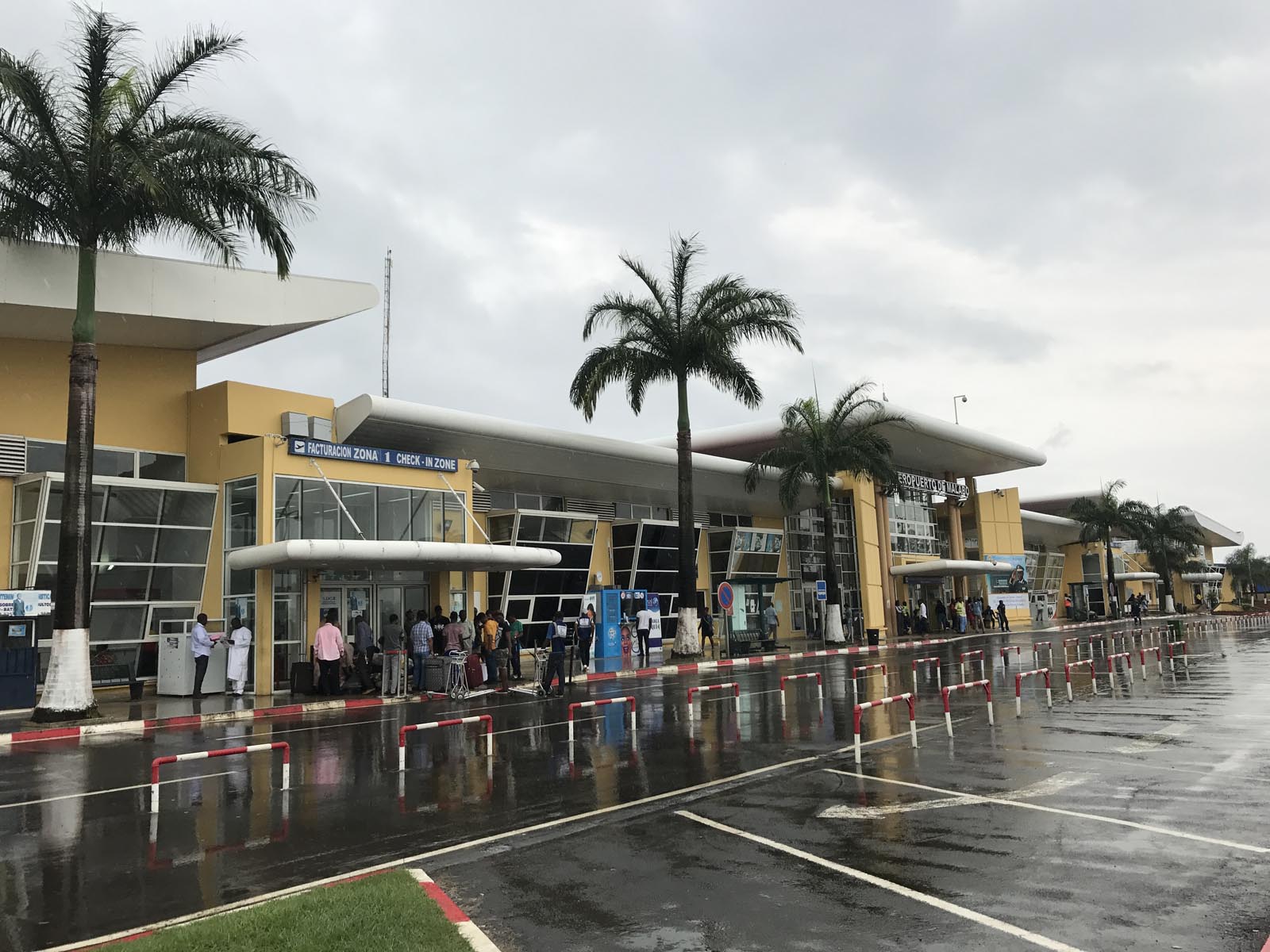
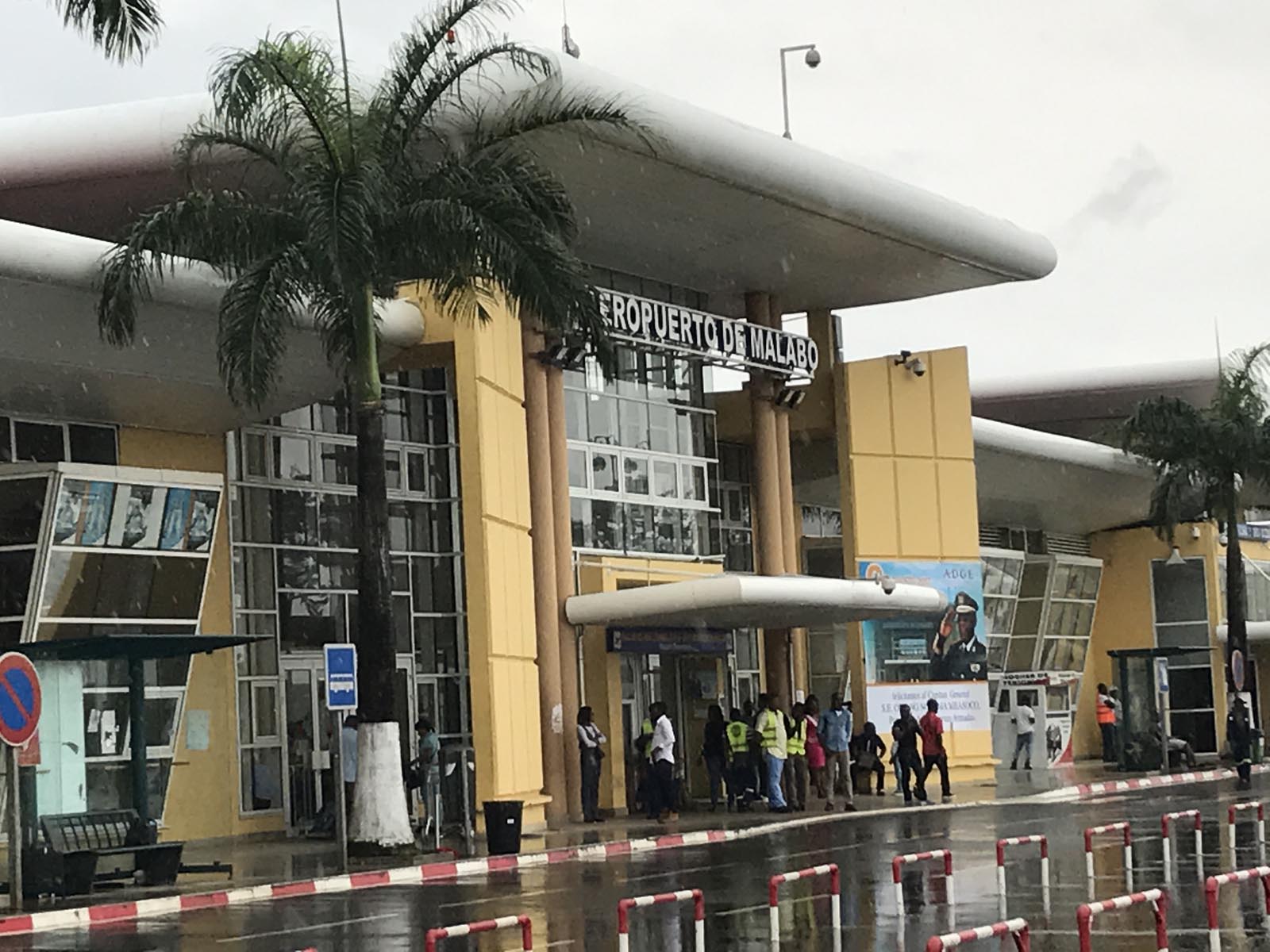
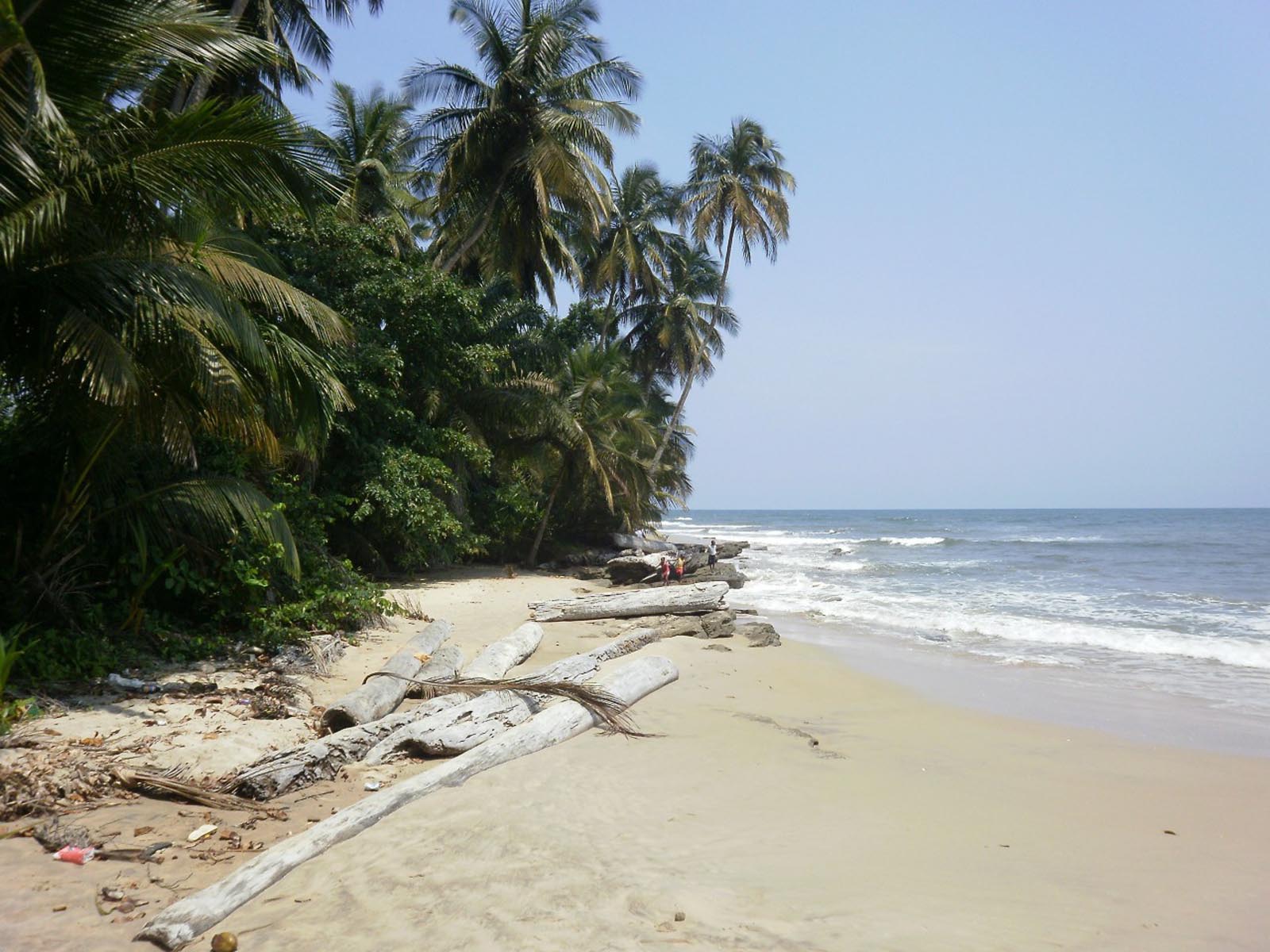
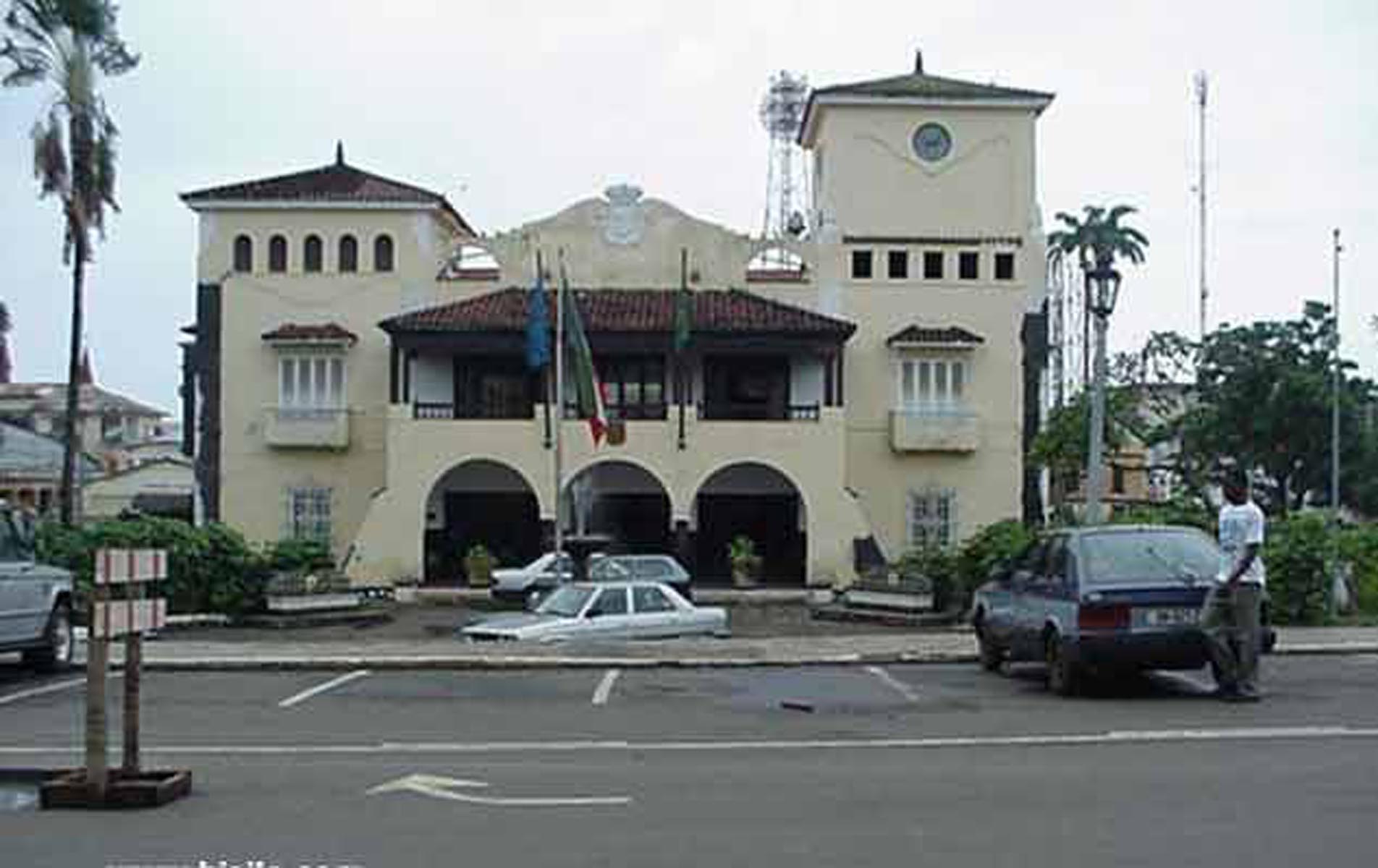

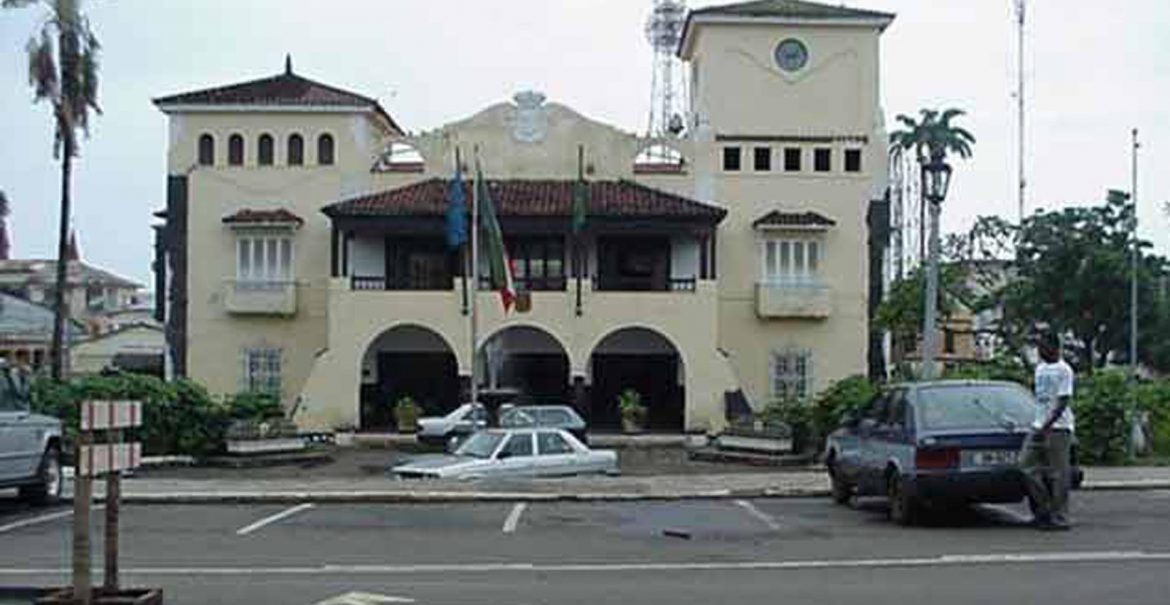
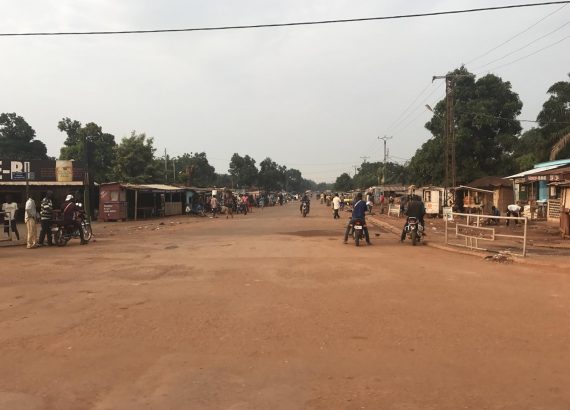
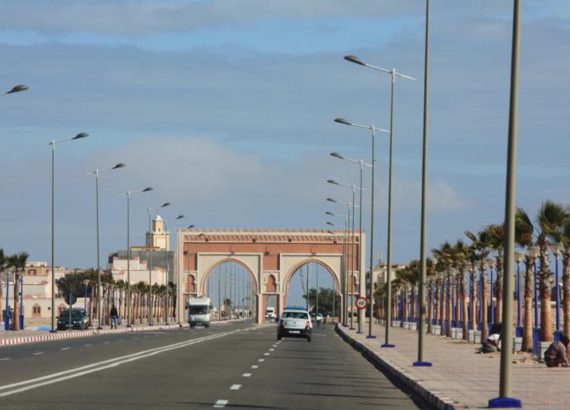
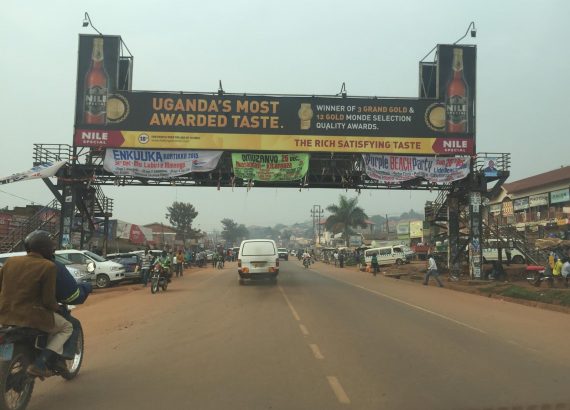
Rolf
It almost always rains in Equatorial Guinea; It has a tropical climate, but has a lot of rain and little sun.
Sven Luca
Actually, I knew that, it could have stopped for a few hours